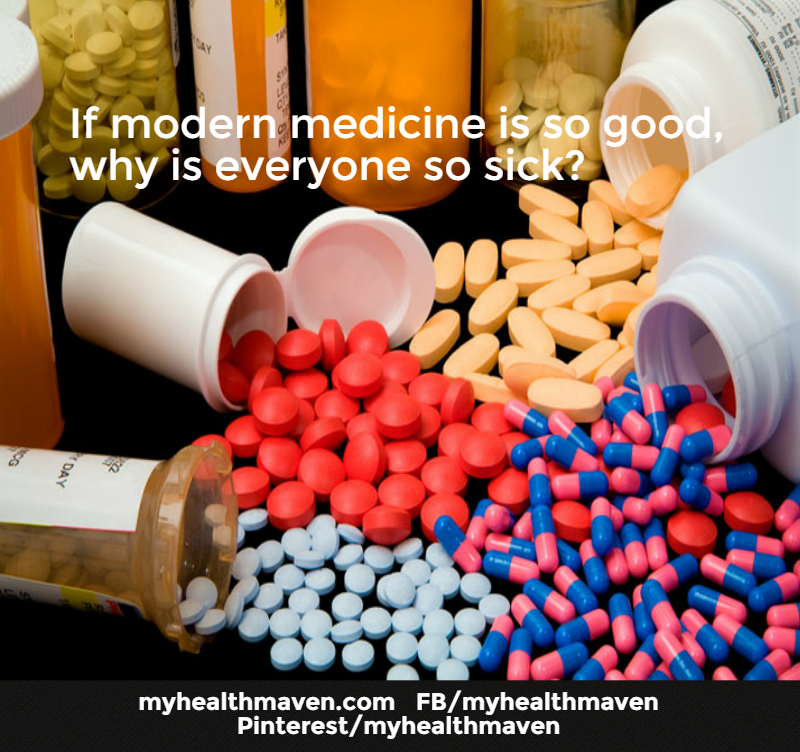What is MCS?
MCS or Multiple Chemical Sensitivity is known by many names such as: EI-Environmental Illness, TI-Toxic Injury and CI- Chemical Injury to name a few. It is an adverse reaction to toxins in everyday products such as paint, carpet, detergents, perfumes, foods, deodorants, air fresheners, etc. that are considered by many to be safe. For many individuals with a weakened immune system who aren’t able to neutralize toxins that they are exposed to on a daily basis, MCS can cause numerous adverse reactions.
Many individuals with this illness are shuffled from doctor to doctor, who are unable to provide answers or direction. This is a challenging illness that has not received the recognition of other illnesses. Most likely this is due to the fact that the symptoms are not consistent, which makes this illness difficult to diagnose. Symptoms vary from individual to individual, based on the individual’s immune system, level of toxicity, number and type of exposures and level of sensitivity. It is often referred to as an invisible illness, as people who are affected look “normal”. They may not have any outward signs of illness, until they have an exposure.
What are the symptoms?
The symptoms are as diverse as the individuals who are challenged by this illness. As mentioned above, they range in severity based on the individual’s immune system, level of toxicity, number and type of exposures and level of sensitivity. Symptoms include, but are not limited to: headaches, brain fog, nausea, dizziness, heart palpitations, itchy or burning skin, rashes, numb or tingling skin, muscle aches, pain, and anaphylaxis.
There are also levels of reactions. Type One is an immediate reaction to a toxin. Type Two is a delayed response that usually occurs within 48-72 hours.
What can I do to minimize my toxic exposures?
1. Drink pure filtered water. Many options are available such as whole house water filters, reverse osmosis, counter top models and carbon filter pitchers. A healthy amount of water would be half your weight in ounces. So if you weigh 150 pounds, your body needs 75 ounces of water daily.
2. Purchase an air cleaner for your home. Many companies produce portable air filters that can be rolled from room to room, as well as whole house air filters. Some companies will even custom blend charcoal filters for you, based on your individual needs
3. Eat organic food. Enjoy organic foods as often as possible. If you can grow your own foods you will receive the benefit of truly fresh food, without pesticides or herbicides as well as enjoying all the health benefits of working outside in the fresh air, and sunshine. If you can’t have a garden, produce is best purchased locally from the farmer’s market or organic market.
4. Use safe cleaning products. Traditional household cleaners are full of toxins and not healthy for you or the environment. You can clean just about everything with baking soda and vinegar. Check the DIY section for cleaning product recipes.
5. Use safe laundry products. There are many chemical free and fragrance free options available such as Soap Nuts, or T-wave capsules which are reusable and require no detergent to get your clothes clean. The purchase also includes a bottle of liquid enzymes to help remove stubborn stains. For Laundry Hints click here.
6. Use organic body care products. Don’t trust a product without reading the label. If you can’t pronounce it, you probably shouldn’t be using it. There are many websites to look up ingredients such as www.cosmeticsdatabase.org or books such as “A Consumer’s Dictionary of Cosmetic Ingredients”.
7. Shower and change your clothes. Remember your body is the largest organ of absorption and elimination. Your hair and skin will absorb toxic chemicals from anywhere you go. Upon arriving home, wash your clothes, shower and change. This will prevent the chemicals that are on your clothes and body from out gassing into your home, as well as being continually absorbed through your skin during the day.
If you want to test the skin absorption theory, cut a large clove of garlic in half and rub it on the bottom of your foot, within thirty minutes you will be able to taste the garlic in your mouth.
8. Wear organic clothes. Cotton is one of the most heavily sprayed crops. If you wear cotton, make sure it’s organic. Look for other natural fiber clothes made from bamboo or hemp. Click here to learn more.
9. Wear a mask. Whenever you go out wear a mask to protect yourself from inhaling chemicals from products other people may use, as well as products in the store, and general outdoor pollutants. It may not eliminate everything, but will greatly reduce your exposure risk.
10. Follow a detox protocol. Find a health care practitioner familiar with MCS to oversee your protocol. The biggest mistake people make is in detoxing too fast. If you detox too fast, your symptoms can worsen and you can become ill as your body dumps chemicals faster than your liver can process them. Detox baths and infrared saunas are a wonderful option, under your practitioner’s supervision.
11. Eat more fiber. Consider adding a fiber drink or supplement to your daily routine. Most of us are not consuming the 35 grams of fiber daily that is recommended. Fiber helps to keep things moving along. The longer your exit time for food, the greater the risk of food putrefaction in your intestines, as the undigested backed up waste is absorbed into the bloodstream which causes auto-intoxication. Click here to learn more about fiber.








